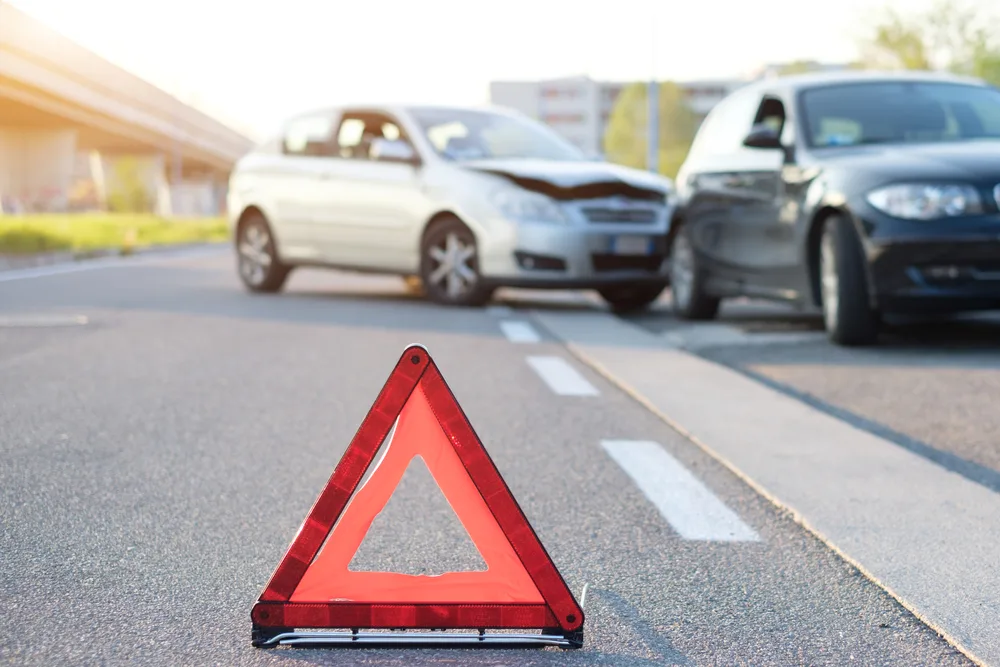Following a car accident, seeking restitution from the at-fault party’s insurer is essential to ensure that you receive the compensation to cover accident-related costs. Individuals in this situation are often unsure of how to achieve financial recovery and what the legal proceedings following the accident consist of.
While this blog cannot cover all the ins and outs of gathering evidence and filing a claim, some of the things that happen in a personal injury case:
Documenting the Accident
The claims process actually begins at the moment of the accident. Therefore, you must collect and maintain as much evidence as possible following the incident. The information you gather will be used to support your claim that the other driver was responsible for events that occurred.
The following are some steps to take after you have been involved in a car accident:
- Take photos of the accident scene
- Record accident details
- Obtain the other driver’s information
- Exchange information with witnesses
- Get medical attention
- Contact an attorney
Investigating the Accident and Evaluating Damages
Your personal injury lawyer will review the information you collected following your accident (e.g., witness statements, crash scene photos, and police report). Then, they will examine the evidence to determine who was at fault and begin to build a case for you.
Your attorney will also review your medical records and bills to estimate economic damages and determine how much compensation to seek.
Sending the Demand Letter
After medical information and other evidence have been considered, your lawyer will send a demand letter to the other party’s insurance agency informing it of what settlement amount you anticipate receiving. This letter will contain the following information:
- Accident details
- An assertion of the other driver’s negligence
- The severity of your injuries
- What medical care you have received, and what treatment is still required
- Other damages you incurred related to your claim
Waiting for the Insurer’s Response
What If We Go to Trial?
To have a judge or jury oversee your case, you can initiate a lawsuit. If your claim goes to trial, your legal counsel will present court evidence to prove the other driver was liable for the incident and should be held financially responsible. Many cases are settled out of court, so yours will not necessarily reach the point of litigation.
The following is an overview of what would happen if, for some reason, your car accident case does go to trial:
Jury Selection
Opening Statements
The individual who filed the lawsuit has the opportunity to deliver their opening statements first. Your attorney will give evidence to the jury and give them an idea of what to expect from your claim. The other party’s attorney will then address the jury with their opening statements.
Your Attorney Presents the Case
Because you filed the lawsuit, your side will be the first to introduce supporting evidence. This occurs during a phase called “deposition.” This could include presenting statements by individuals such as accident witnesses, experts, and medical professionals.
Your counsel can also present relevant videos, pictures, and documents that support your claim. The other attorney will be given a chance to cross-examine witnesses who testify and to object to specific pieces of evidence.
Other Party Challenges the Case
Closing Arguments
Both lawyers have one last opportunity to review case evidence and debate its implications. Your attorney can use this as a chance to convince the jury why they should find the case in your favor.
Verdict
After hearing and considering the judge’s instructions and deliberating, the jury will come back with a verdict. If the judgment is in your favor, you could recover compensation from the liable person or party for your injury-related damages.
Speak With Our Team Members About Your Car Accident Case Today
Texas Civil Practice and Remedies Code § 16.003 limits the statute of limitations on a personal injury lawsuit to two years. Note this deadline at the beginning stages of the claims process, as early delays could result in missing the time to seek a legal claim. If either the claims process or lawsuit deadlines are missed, you would have no recourse for recovering damages.
You should consult with a car accident lawyer as soon as possible to ensure your case is processed efficiently and on time. We urge you to Call in the Strong Arm and contact us today. Our legal team is always here to answer your questions about the legal proceedings following a car accident.


